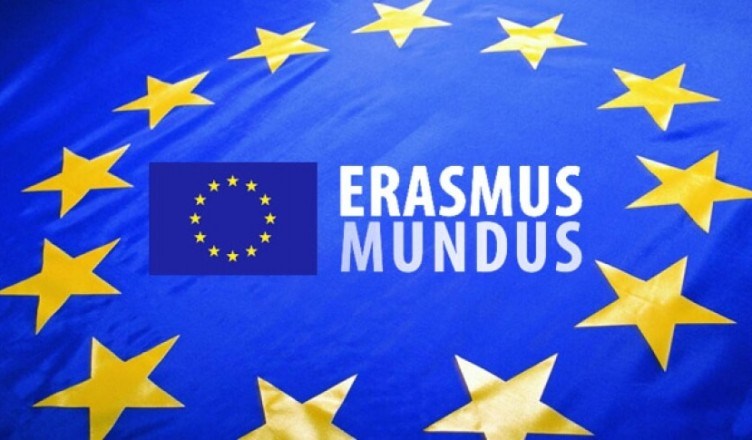Dear friends, today we would like to share with you an interview with an Erasmus Mundus Master’s Programme student. Our guest is studying on The International Master’s Programme on Circular Economy in Sweden and Austria. Read below how she managed to get into the programme and what’s important to remember when applying.
The Erasmus Mundus Joint Master Degree (EMJMD) is a prestigious integrated international study programme. It allows students to receive funding for free Master’s studies at European institutions of higher education. The main feature of the EMJMD is mobility. Participants of the programme do not study in one university, but change the place of study every semester. Therefore students have the opportunity to study and reside in 2, 3 or even 4 countries during their Master’s programme. In total, the consortium includes more than 4,000 European universities, which offer more than 130 coordinated programmes.
What was your experience of applying for Erasmus, how did you choose the universities?
– As a rule, you can choose from the list of programmes (which is available on the website) 3 programmes most suitable for your area of interest. For each programme a different set of documents is sent to the coordinating university.
In my case, I chose according to my field of study, looked at which universities have “Circular Economy”. For me, the priority was my area of study, because I wanted to go where I would be interested in the subjects and where I would be able to learn the profession I wanted. Everyone will probably have their own preference: subjects, professors, university structure. Another priority could also be the country. You can look at the countries to choose the one that is easier to get a visa to. Because, if you apply from Turkmenistan, you have to consider which embassies are in Ashgabat, and for which you have to go to another country and apply for a visa abroad. The university’s popularity was not very important to me, the main thing was the area of study.
What do you think helped you to succeed with your application?
– I think the application process for Erasmus is quite simple and clear. It is easier than in many of the other programmes I have applied for. You had to fill in an application form, with standard questions and a few references. There was no interview or test of any kind.
I thought my application was successful because I met all the necessary requirements and my programme – The International Master’s Programme on Circular Economy – was new. It had just been introduced, so I don’t think many people applied for it. I also had sufficient knowledge and experience in my chosen field, as I had previously studied Environmental Studies and Sustainable Development.
In my essay I remember that I wrote about the current topic of ” Disposable plastic use”, I think it interested the host faculty. I also wrote in my motivation letter about my knowledge and experience I would bring to the programme, how I would contribute to the development of my programme and my long-term plans to work in the field of sustainable development. I think the fact that there are very few applicants from our country and that universities want national diversity in the classroom also helped me.
In general, to make a good application it is important to highlight your knowledge and experience in both your CV and motivation letter and to show that your background is relevant to the chosen programme. For the essay, try to choose a relevant topic, read on the university website what topics students and professors are doing, it might help.
What advice would you give to those who are applying now?
– I advise you to write down more about what knowledge, experience and long-term goals you have in your chosen field. It is important for the university to see that you have a basis and that you can cope with the workload and assignments, and that your goals are compatible with what the university offers. It’s a good idea to be thoughtful and clear about where you want to study and then work. I think this is always important, on any questionnaire and in everyday life: know what you want, be able to show your knowledge and experience and compare it with what the university offers.
